Friday, 19/04/2024 | 17:21 GMT+7
The Bau Xeo Aqua Feed Factory, a member of the C.P Vietnam Livestock Corporation, is located in the Dong Nai Province.
The corporation is a leader in the production and sale of fish and shrimp feed bran and employs more than 500 people. Management in the company are keen to employ best management practices in order to ensure the quality and efficiency of the facility.
As such, Bau Xeo Seafood has been certified as a four star production group by the Best Aquaculture Practices of Vietnam, which certifies best practices for responsi¬ble aquaculture. It has also been certified with ISO 9001, ISO 14001, Good Manufac¬turing Practice (GMP) and Hazard Analysis and Critical Control Point (HACCP).
Energy Planning
The energy planning process introduced to Bau Xeo Seafood led the facility to complete a detailed review of the steam system on site.
As a result, a number of opportunities for improved energy performance at the plant were identified and qualitative recommendations were given to further improve cost-effective production.
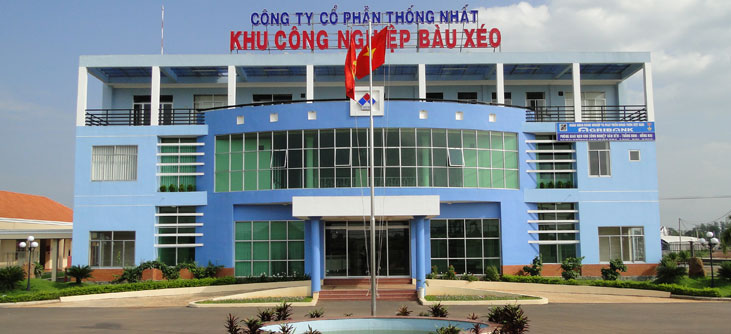
Operational control
The implementation and operation of the EnMS led to a greater understanding of the importance of operational control of significant energy users and how they can lead to sustained performance improvements. As a result of this improved awareness, the following opportunities were integrated into the normal business operations of the facility:
- Improved operational control of the steam system through improved checking and repairing of steam leakages, replaced ment of broken steam traps
- Improved automatic blowdown system through monitoring of boiler water's electrical conductivity
- Optimal control and operation of the feed drying system
Results exceed the company's expectations
As a result of the efforts of the employees and the UNIDO trained experts, Bau Xeo Seafood exceeded the targeted improvements set at the outset of the implementation of the EnMS. The 2013 targets against 2012 energy consumption set were:
Reduce electricity consumption shrimp bran from 191 to 180 kWh/ton products
Reduce electricity consumption for fish bran from 198 to 180 kWh/ton products.
Improve the energy conversion of the boiler fuel from 3942 to 3850 MJ/ton steam.
The overall energy reduction target was met and exceeded by 19% with significant improvements made against all three targets.
Additional benefits of EnMS implementation
In addition to the quantified energy related savings, a number of non-energy related benefits were achieved by Bau Xeo Seafood as a result of the EnMS imple¬mentation:
Increased awareness of energy saving opportunities and ownership of the EnMS led to increased participation by employees.
- Reduced downtime of equipment and production lines
- Reduced environmental impacts
- Reduced maintenance costs
- Improved quality of products
- Cultivation of a greener company image
- Better management of energy data and improved understanding of plant performance
- Proliferation of the EnMS experience to other plants within the larger corporation
Anh Tuan
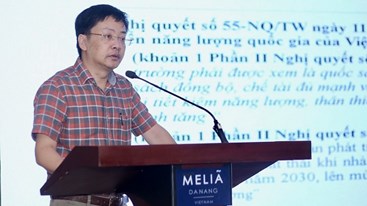
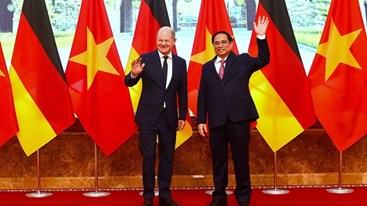
.png?w=367&h=206&mode=crop)
.jpg?w=367&h=206&mode=crop)
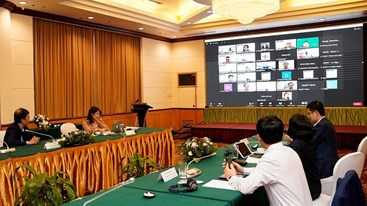
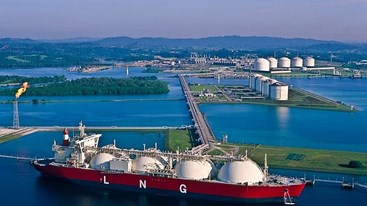
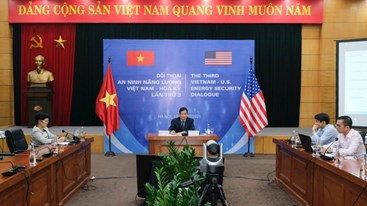
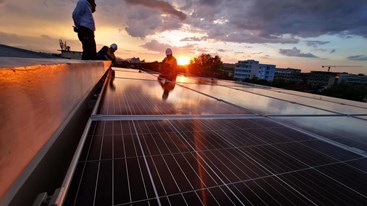
.jpg?w=367&h=206&mode=crop) Energy efficiency and conservation usage is an important aspect of the national energy development strategy
Energy efficiency and conservation usage is an important aspect of the national energy development strategy
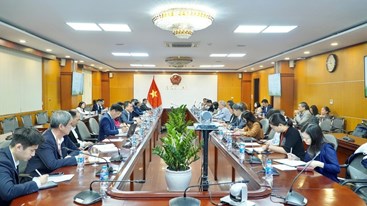 Challenges and Opportunities to promote energy efficiency market in Vietnam
Challenges and Opportunities to promote energy efficiency market in Vietnam
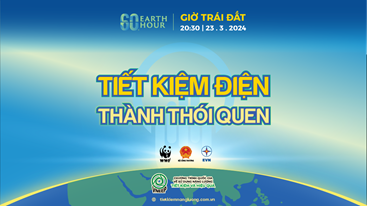 The Ministry of Industry and Trade requests government agencies to coordinate in organizing Earth Hour 2024
The Ministry of Industry and Trade requests government agencies to coordinate in organizing Earth Hour 2024
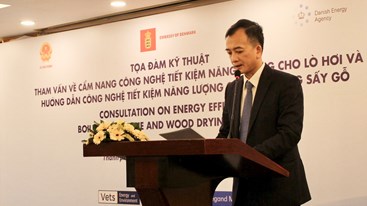 Consultation on Energy Efficiency Boiler Catalogue and Wood Drying Guideline
Consultation on Energy Efficiency Boiler Catalogue and Wood Drying Guideline
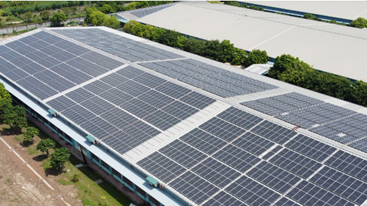 Son Ha Co., Ltd, applies energy efficiency and conservation measures
Son Ha Co., Ltd, applies energy efficiency and conservation measures
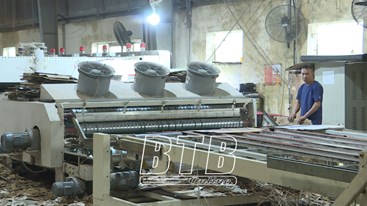 Phuc Kien Co., Ltd., is effectively implementing energy-saving measures
Phuc Kien Co., Ltd., is effectively implementing energy-saving measures
.png?w=367&h=206&mode=crop) Request for expression of interest - C2.1.13: Capacity Building on energy efficiency policies development
Request for expression of interest - C2.1.13: Capacity Building on energy efficiency policies development